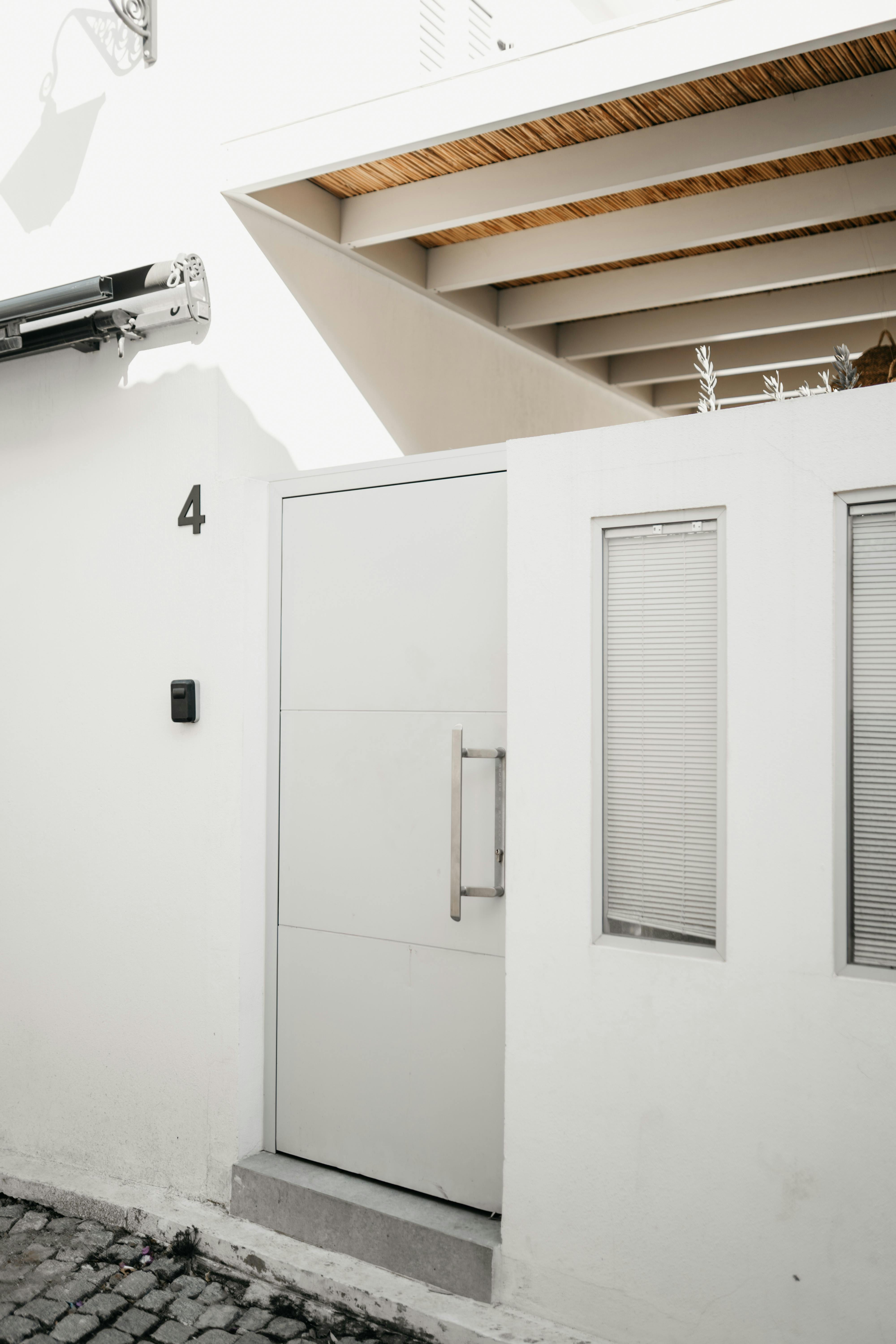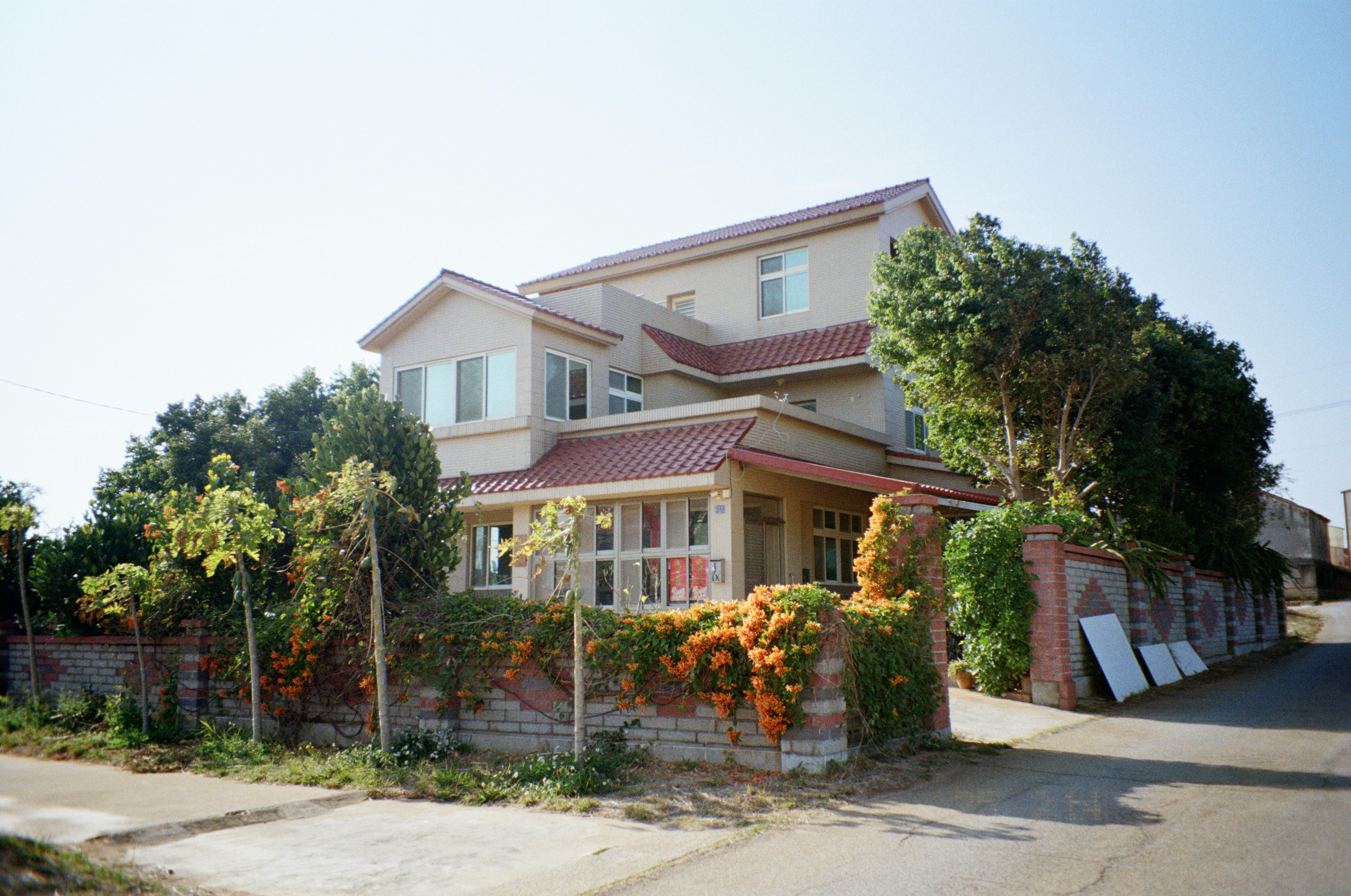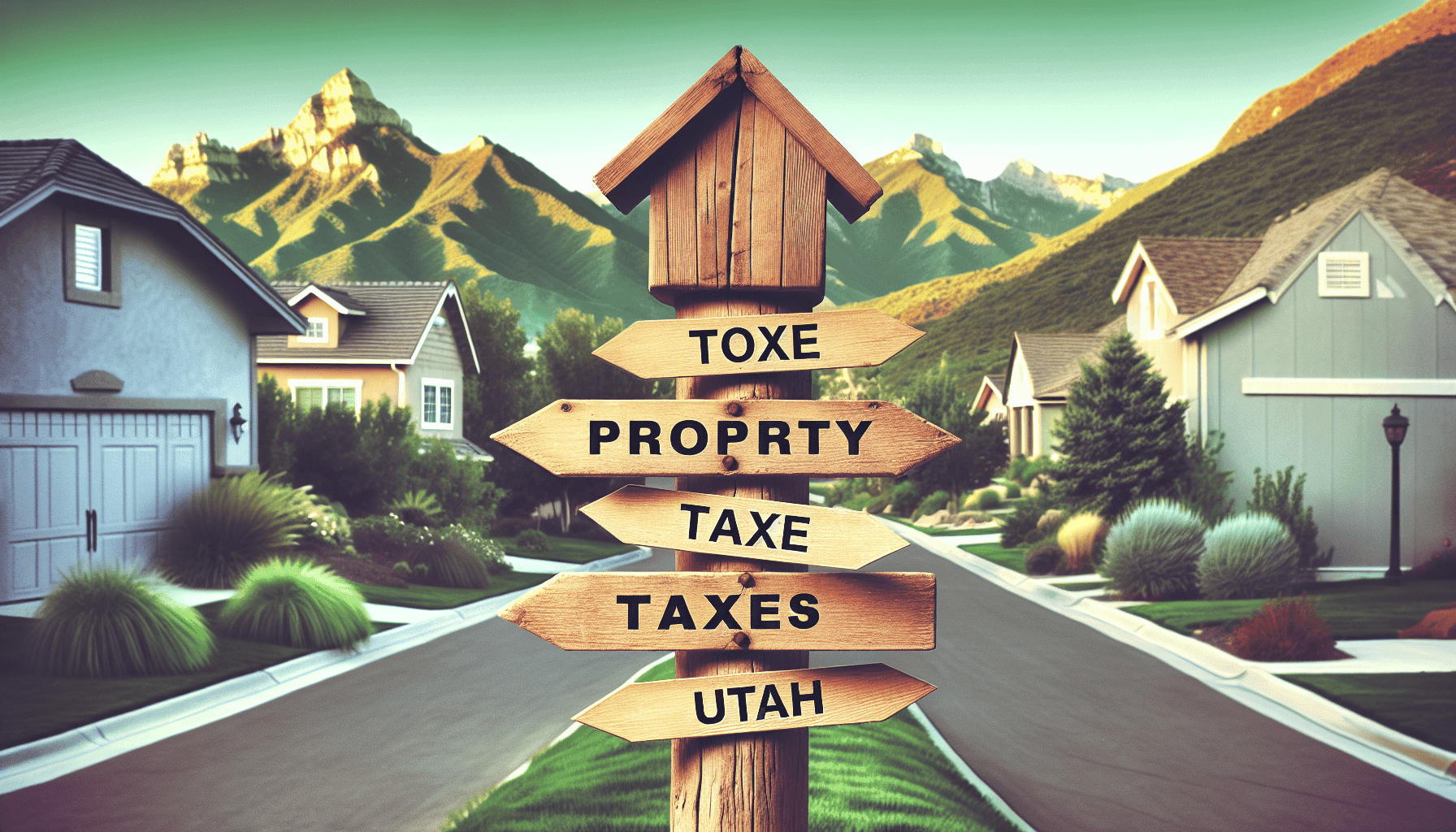Have you ever wondered how property taxes in Utah compare to those in other states? The topic of property taxes often elicits strong opinions and concerns, especially when considering their impact on homeowners and potential buyers. Understanding the nuances of property taxation in Utah is crucial for anyone contemplating a move to this scenic state or for those already residing there.

Overview of Property Taxes in Utah
Property taxes in Utah play a significant role in funding local governments, schools, and essential public services. Each property owner is subjected to these taxes, which are calculated based on the assessed value of their property. However, the perception of whether these taxes are high varies widely among residents and non-residents alike.
The Basics of Property Taxes
At its core, property tax is a levy assessed on real estate by the local government. These taxes are used to support various community services, such as public education, law enforcement, fire protection, and infrastructure development. Property taxes are typically based on the estimated market value of the property, and thus can fluctuate with real estate market conditions.
Utah’s Property Tax Rates
Utah is known for its relatively low property tax rates when compared to many other states. The statewide average effective property tax rate is around 0.65%, which is significantly below the national average of approximately 1.1%. This means that for every $100,000 of assessed property value, property owners in Utah will pay about $650 in property taxes, compared to $1,100 nationally.
However, while the state average is relatively low, there are variances within Utah, often influenced by county and city budgets, local government needs, and the level of services provided.
Breakdown by County
To gain a better understanding of property tax rates across the state, let’s consider the differences by county. The tax rates can vary significantly, reflecting local differences in funding commitments and tax structures.
| County | Average Property Tax Rate (%) |
|---|---|
| Salt Lake County | 0.70% |
| Utah County | 0.53% |
| Weber County | 0.68% |
| Cache County | 0.56% |
| Davis County | 0.92% |
As you can see, even within Utah, there are disparities. Salt Lake County, being the most populous county, has tax rates that can often be slightly higher due to increased demand for services.
Factors Influencing Property Taxes
Several factors influence property tax rates in Utah, and understanding these components can help you gauge whether the rates are high in your particular situation.
Property Valuation Processes
The assessed value of a property is determined by local county assessors based on several criteria. These may include comparable sales, the property’s condition, and its location. Property taxes are directly tied to these valuations; thus, fluctuations in property values significantly impact the tax bills homeowners receive.
Local Government Funding Needs
Local municipalities have unique funding requirements based on their infrastructure and service obligations. Cities with higher service demands—such as larger police departments, extensive road networks, or well-funded schools—may impose higher property taxes to ensure adequate funding.
Tax Assessment Frequency
In Utah, property assessments occur annually, meaning tax rates can change on a yearly basis. This is crucial for homeowners to consider, as fluctuations in property value might lead to higher or lower tax bills depending on market conditions.

Comparing Utah’s Property Taxes to Other States
To ascertain whether Utah’s property taxes are considered high, it is useful to compare them to other states within the United States.
Western United States Comparison
When comparing property taxes in the western region, Utah’s rates hold up quite favorably.
| State | Average Property Tax Rate (%) |
|---|---|
| California | 0.76% |
| Nevada | 0.60% |
| Arizona | 0.66% |
| Colorado | 0.49% |
| Idaho | 0.69% |
Utah’s rate places it in a competitive position amongst these neighboring states. Notably, states like California have much higher rates, directly believing that property taxes are often more burdensome in highly populated and developed areas.
National Comparison
Utah’s property tax climate is also favorable when looking at national averages. Even on a broader scale, its 0.65% average falls below many states, indicating a generally lower tax burden.
| State | Average Property Tax Rate (%) |
|---|---|
| New Jersey | 2.21% |
| Illinois | 1.87% |
| Texas | 1.83% |
| Florida | 0.83% |
The disparities shown here indicate that while there are states with notably high property tax rates, Utah remains appealing for potential homebuyers and investors.
Impact of Property Taxes on Homeownership
Understanding property taxes is essential for current and prospective homeowners in Utah, as it directly impacts homeownership costs.
Monthly Mortgage Payments
When budgeting for a monthly mortgage payment, it’s critical to factor in property taxes. For homeowners in Utah, with the relatively low property tax rate, the additional costs may be manageable, allowing you to allocate funds to other areas such as savings or home improvement.
Selling Property
If you are considering selling your property in Utah, being aware of property tax implications can influence your pricing strategy. Tax rates can affect buyer perception; thus, highlighting low property taxes could be a selling point for potential buyers who might be moving from higher-tax states.
Long-Term Financial Planning
For long-term financial health, understanding how property taxes will evolve over time is crucial. Since property values can fluctuate and tax rates are reassessed annually, ensuring that you monitor these changes can help you plan effectively for future expenses.

Common Misconceptions About Property Taxes in Utah
Property taxes often come with a set of misconceptions. Clarifying these can provide a better understanding of what to expect.
Property Taxes Are the Same Across the State
One common misunderstanding is that all property taxes in Utah are uniform. As you have seen, tax rates can differ significantly by county, and even within cities, depending on local government needs and market dynamics. It’s essential to research specific locations if considering a move.
Property Taxes Fund All Local Services
Another misconception is that property taxes fund all governmental expenses. Although property taxes do contribute significantly to local services, various funding streams, including state income taxes and federal funding, also play critical roles.
Increases Are Always a Bad Sign
Some homeowners may view increases in property tax as an immediate concern. While increases could be indicative of rising property values (which may benefit you in the long term), they could also signal an increase in local service demands. Balancing the context of property tax increases can provide a clearer picture.
Conclusion: Is Utah’s Property Tax Landscape High?
After examining the various factors influencing property taxes in Utah, you might conclude that they are relatively low compared to national averages and many neighboring states. However, factors like local government needs, property valuation, and the overall real estate market can impact individual experiences with property taxes.
In considering whether property taxes in Utah are high, it ultimately depends on your personal circumstances, such as your location within the state, the services provided by your locality, and how these align with your financial planning as a homeowner. If you are contemplating a move to Utah or are already a resident, staying informed about property taxes and understanding their implications will enhance your decision-making process in terms of property investment and management.


